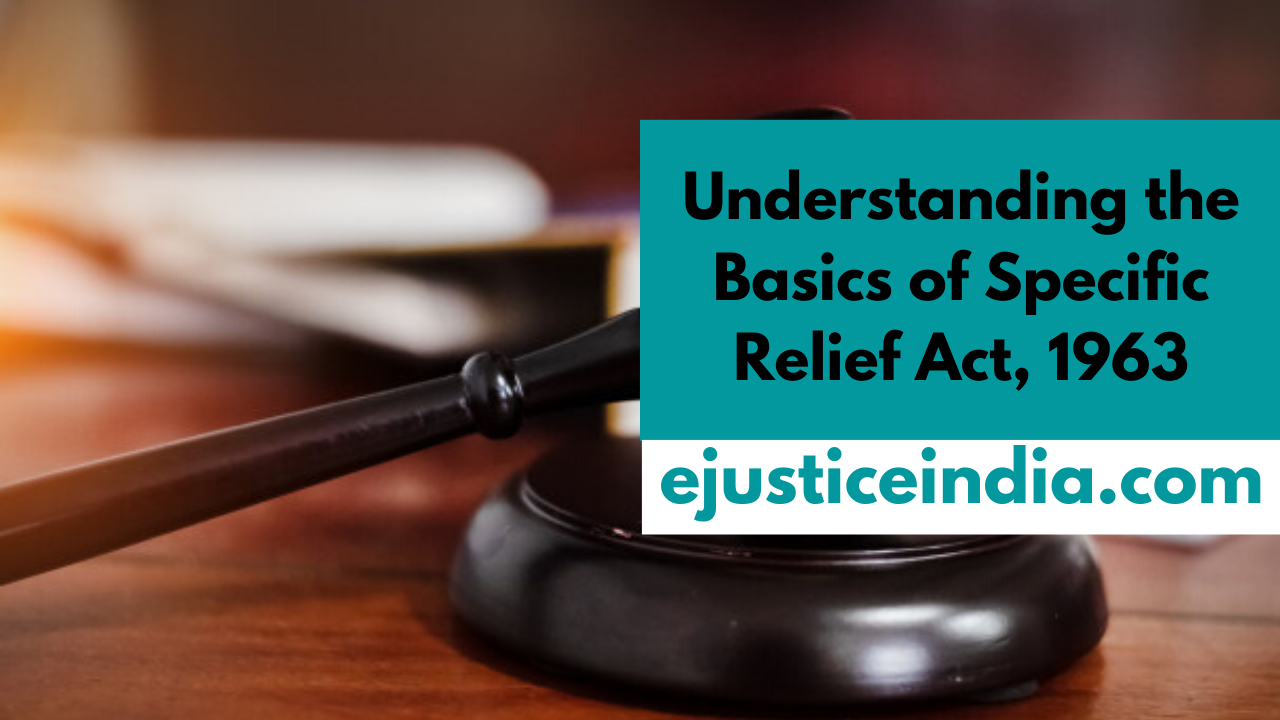RULES IN RYLANDS V. FLETCHER
INTRODUCTION
There are some situation when a person may be liable for harm where there is no intention to cause the harm, or sometimes he may even have made some positive efforts to prevent the same. In other words, “No fault liability”. In this connection the rules laid down in two cases. Firstly, in the decision of the House of Lords in Ryland’s v. Fletcher (1868) and Secondly, M.C. Mehta v. Union of India (1987).
The Rules laid down in Ryland’s v. Fletcher and M.C. Mehta v. Union of India have general term.
The Rule Ryland’s v. Fletcher is generally known as Rule of Strict liability. Because there are various exceptions to the applicability of this rule. And the rule in M.C. Mehta v. union of India is generally known as Rule of Absolute liability. Because the Supreme Court itself expressly stated that such liability does not have such exceptions.
THE RULE OF STRICT LIABILITY
(The Rule in Ryland’s v. Fletcher)
It has been noted above that in Ryland’s v. Fletcher, in 1868, the House of Lords laid down the rule recognizing “No fault” liability. The liability recognized was strict liability. i.e., even if the defendant did not intentionally cause the harm or he was careful, he could still be made liable under the rule.
In Ryland’s v. Fletcher, the defendant got a reservoir. It was constructed by the independent contractors, over defendants land for providing water to his mill. There were some unused tunnel under the reservoir. The contractors failed to block those tunnels because they didn’t observe it. When the water was filled in the reservoir, it overflowed through the tunnel and flooded the plaintiff’s coal mines on the adjoining land. Here, the defendant did not know that whether the tunnel is there not. He didn’t see it. So he was not negligent but as an independent contractor he had been negligent. And he was held liable.
According to this rule, if a person brings any dangerous things and kept it in his own land i.e., a thing which is likely to do mischief if it escapes, then he has to answer for the damage caused by its escape even though he had not been negligent in keeping it there. Here, the liability arises not because of defendant’s negligence, but because he kept some dangerous thing on his land and it has escaped from his land and caused damage to the plaintiff. So in such a case defendant itself will be liable even though there is no negligence on the part of him. It is known as the rule of strict liability.
Ingredients for the application of the rule Ryland’s v. Fletcher:-
There are 3 essential ingredients for the application of this rule: –
1) There must be some dangerous thing brought by the person on his land.
2)The thing must escape from the persons land
3) It must be non-natural use of land.
1) Dangerous thing
According to this rule, the liability for the escape of a thing from one’s land arises from collecting of a dangerous things. In Ryland’s v. Fletcher, the thing so collected was a large body of water. The rule has also been applied to various dangerous thing. Such as, Gas, electricity, noxious fumes.
2) Escape
In the rule Ryland’s v. Fletcher, it is also essential that the thing causing the damage must escape to the area outside the occupation and control of the defendant. Thus, there is an illustration for this essential.ie. If there is a projection of the branches of a poisonous tree on the neighbors land, this amount to an escape and if the cattle lawfully there on the neighbors land are poisoned by eating the leaves of the same, the defendant will be liable under the rule. But, if cattle trespasses the land of plaintiff and dies by eating the poisonous leaves, then the defendant cannot be liable because there is no escape.
In this essential ingredient, we can refer the case, Read v. Lyons & Co.
3) Non-natural use of land
In Ryland’s v. Fletcher, the water collected in a reservoir in such a huge quantity was held to be non-natural use of land. Keeping water for ordinary purpose is “natural”. But when this water reservoir makes danger to others, then it can be said to be as “non – natural”.
In this essential ingredient, we can refer the case, Noble v. Harrison.
Exceptions to the rule Ryland’s v. Fletcher:-
There are 4 exceptions for this rule –
1)Plaintiff’s own default.
2) Act of god
3) Consent of the plaintiff
4) Act of third party
*) Plaintiff’s own default
In Ryland’s v. Fletcher case, it has been stated that when the damage is caused by escape due to the plaintiff’s own default will be considered to be as good defense. But, if the plaintiff suffers damage by trespassing into the defendant’s property, the plaintiff cannot claim compensation for the damage so caused. Because it is clearly stated in the case, Ponting v. Noakes. Here, the plaintiffs goat trespassed into the defendants land and died after nibbling the leaves of a poisonous tree there. So, the defendant was not liable because damage would not have happened if the plaintiff’s goat trespassed into any other land. It was goat’s own decision.
The Rule in Ryland’s v. Fletcher did not apply to the case for another reason also, i.e., that there was no escape. When the damage is caused by the ‘escape’ of defendant things as by the unusual sensitiveness of the plaintiff’s property, cannot be claim compensation.
And it is clearly stated in the case, Eastern & South African Telegraph.Co.Ltd v. Cape Town Tramways Co. It was observed that, “A man cannot increase the liabilities of his neighbor by applying his own property to special uses, whether for business or pleasure.
*) Act of god
Act of god/Vis major are also considered to be as a defense to an action under the rule in Ryland’s v. Fletcher.
“Act of god can be defined as: – “A Circumstances which arrive suddenly without any prediction to humans. And it cannot be controlled by any human being”. Like natural disasters.
If the escape has been unplanned because of supernatural forces without any human interruption, the defense of Act of god can be pleaded. In the case, Nicholas v. Mars land it is clearly stated.
An “Act of god” as an exception to the rule of strict liability will not be held to the death due to electric shock as a result of falling of electric post from its pole due to lightning.
*) Consent of the plaintiff
In this exception the maxim volenti non fit injuria comes. Where the plaintiff has consented to the accumulation of the dangerous thing on the defendant’s land, the liability under the rule Ryland’s v. Fletcher does not arise. Such a Consent is applied when the sources of danger is for the ‘common benefit’ of both plaintiff and defendant.
For example, two persons are living in the different floors of same building. Each of them is deemed to have single water tank. When water has been collected for a common benefit for both of them, the defendant will not be liable for the escape.
This exception doesn’t apply in the case of any gas or other public utility. There is another example, when the festival is organized, where there is a display of fireworks, it is not deemed to be conducted for the benefit of everyone. And suddenly if some explosive escapes into the crowd and causes damage, the organizers will be liable for the same.
*) Act of third party
If the damage has been caused due to the act of a stranger, who is either defendant’s servant or defendant’s control over him, the defendant will not be liable.
In a case, Box v. Jubb, defendant had a reservoir and one day the reservoir was overflowed because of blocking of the drain by strangers. Here, the defendant was not held to be liable. If, however, the act of a stranger can be prevented by the defendant and if the defendant had knew about the act and if he doesn’t do so, then he will be liable.
It has been clearly stated in a case, Northwestern utilities v. London guarantee & accident Co.


